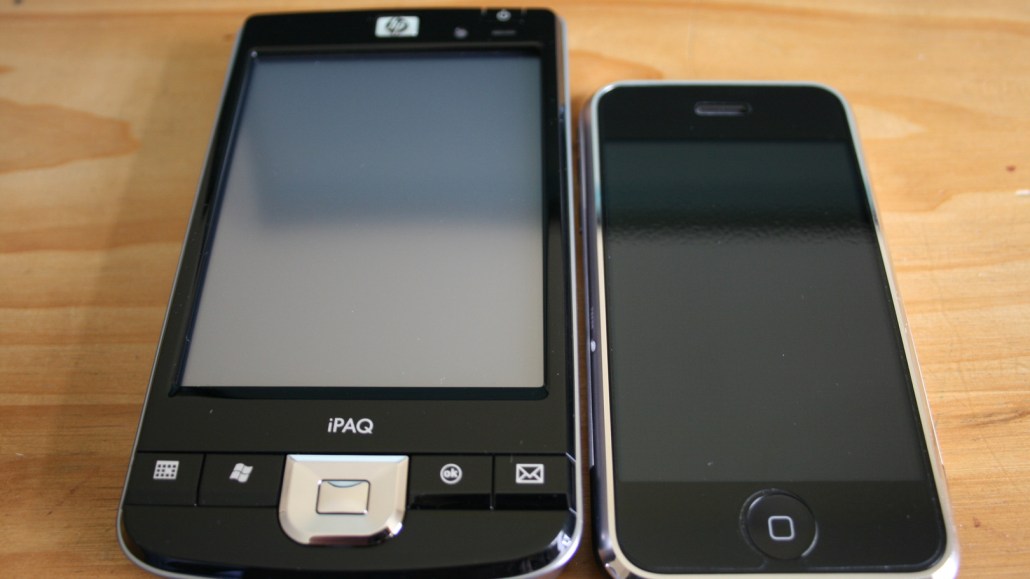
Mobile is a challenging medium. The screens are small, the fingers are fat and no one seems to have figured out how to move much beyond display. Should brands dedicate more resources to figuring out how to do it right, or just integrate it into their broader strategy?
You Don’t Need A Mobile Strategy:
Mobile is not the future; mobile is here today. This is making marketers nervous, and their attempt to get ahead of the curve is to hire a mobile specialist and develop a mobile-specific strategy for their brands.
While a focus on mobile is critical, it should not be viewed as a silo or a “bolt-on.” Brands should prioritize their content strategies first and worry less about the channel. Your customers will consume and share what they find meaningful to them; just make sure you are present with compelling content that is optimized for all screens and platforms.
Don’t walk away from mobile entirely. Instead, dedicate resources to identifying those mobile-unique opportunities to enhance your content strategy and connect with people in contextually relevant ways. —Kayla Green, digital strategy director, SaatchiLA
You Do Need A Mobile Strategy:
Yes. Both need to be pursued. Brands must ensure they are delivering optimized experiences at every consumer touchpoint, being mindful of the unique features and constraints of each. And this should be done with a holistic view: how each engagement opportunity fits together in the broader marketing ecosystem.—Stacey Howe, director of global digital marketing, New Balance
I’d love to see the effort currently applied to the delivery of mobile display advertising — subject to the very constraints you’ve outlined — applied instead to addressing the fundamental question: “What can we create that will help people use the products and services our clients deliver more effectively wherever they are?” The answers to that question will inherently center on mobile and complement customers rather than impede their intended experiences.—Ian Fitzpatrick, partner, Almighty
Mobile marketing is growing everyday as consumers’ media-consumption habits continue to radically change. So brands must get in front of this but in a way that goes beyond knee-jerk reactions to be successful. Brands should take dedicated resources and invest in understanding the fundamentals, like creating a learning agenda to truly understand what works and what doesn’t. If the brands understand the fundamentals, it is much easier and effective to incorporate into the broader strategy.—Bob Arnold, associate director of global digital strategy, Kellogg
Winner: Tie Game. Mobile devices are like Swiss Army knives and your brand should be the corkscrew. When applied the right way, mobile marketing builds brand equity by giving consumers something they can use. True, it has to be part of the bigger plan — entertain, inform or enable. But if brands don’t figure out how to do it right, they’ll miss out.
More in Marketing

WTF are tokens?
When someone sends a prompt or receives a response, the system breaks language into small segments. These fragments are tokens.

AI is changing how retailers select tech partners
The quick rise of artificial intelligence-powered tools has reshaped retailers’ process of selecting technology partners for anything from marketing to supply chain to merchandising.

YouTube’s upmarket TV push still runs on mid-funnel DNA
YouTube is balancing wanting to be premium TV, the short-form powerhouse and a creator economy engine all at once.






